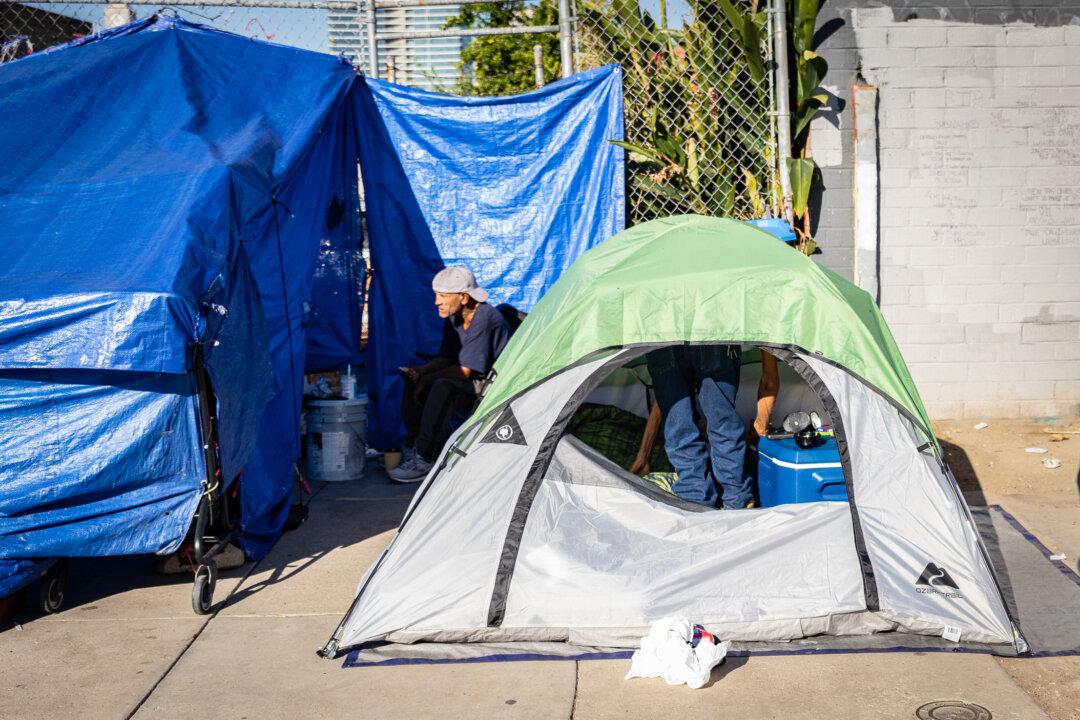The U.S. Supreme Court announced Jan. 12 it will consider whether cities may cite homeless individuals for camping on the street or other public property.
While further details for the Supreme Court’s first hearing have not yet been set, the announcement comes one day after the Ninth Circuit Court of Appeals blocked an Oregon city from issuing the citations.





